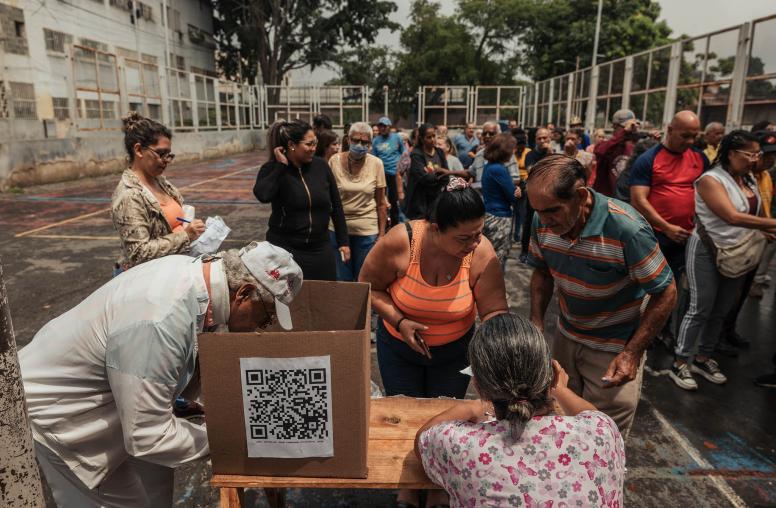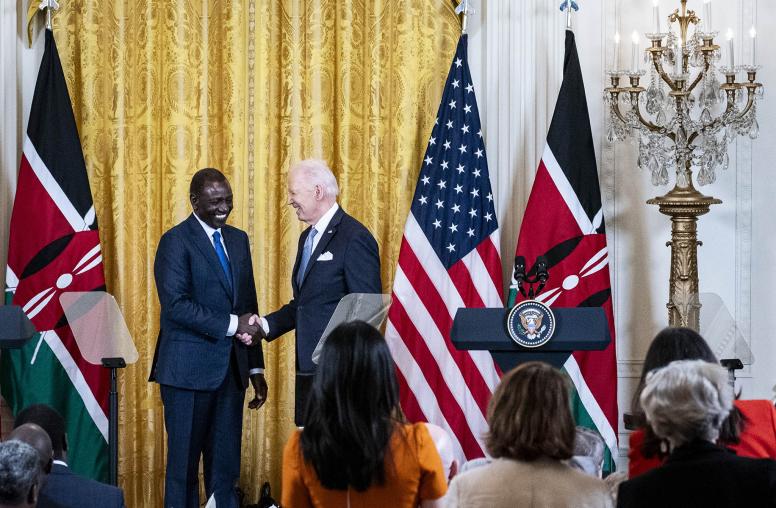This project will work at the subnational level in four locations to pilot an inclusive, adaptive and conflict-sensitive problem-solving approach for developing and implementing solutions to pressing environmental degradation issues.

In Tunisia, local government services declined rapidly amidst a rocky national transition and a poorly implemented decentralization process, leading to further frustration and tensions between citizens and the government. In this challenging context, environmental degradation and longstanding infrastructure problems in critical areas like water and sanitation, waste management, and industrial pollution have imperiled citizens’ livelihoods, health, and well-being. In marginalized communities, these pervasive issues have become significant drivers of internal displacement, social unrest, and violence, exacerbating tensions and socio-economic instability. Moreover, the accelerating ecosystem degradation will likely heighten the country’s exposure to climate-related stressors and shocks.
In this context of deepening multidimensional instability and uncertainty, holistic fixes to these issues are unlikely in the short to medium term. Meanwhile, subnational actors from the local government, civil society, and the private sector must act collectively to mitigate some environmental crises locally.
Addressing Environmental Governance Priorities
In this context, USIP will help civil society organizations, local government, and, where relevant, actors from private sector, convene for dialogues in low-trust settings and ensures that the actors needed to implement outcomes are at the table and accountable for delivering on commitments. USIP will target four districts in Tunisia facing severe environmental and climate issues affecting the livelihoods of the local community and resulting in social unrest or confrontations with the government.
Building Trust through Participatory Local Governance
USIP will seek to foster trust and collaboration amongst civil society actors and local communities to co-analyze problems, collectively imagine new solutions, and hold leaders accountable. In parallel, it will expand the capacity and resiliency of subnational government officials to better coordinate, collaborate, and channel demands from constituents into sustainable solutions.
Problem Driven Iterative and Adaptive (PDIA) approach
The Institute will employ a pioneering, conflict sensitive PDIA approach to co-create durable and actionable solutions to communities’ environmental governance priorities. USIP support Tunisian facilitators to lead dialogues in which all state and non-state actors convene to deconstruct the problem, co-create and adapt durable solutions until the identified environmental and climate issues are addressed.
Informing National Environmental Policy
By the end of the project, USIP will employ the knowledge and experiences from the environmental governance dialogue processes at the local level to inform national policies on environment and climate adaptation.



